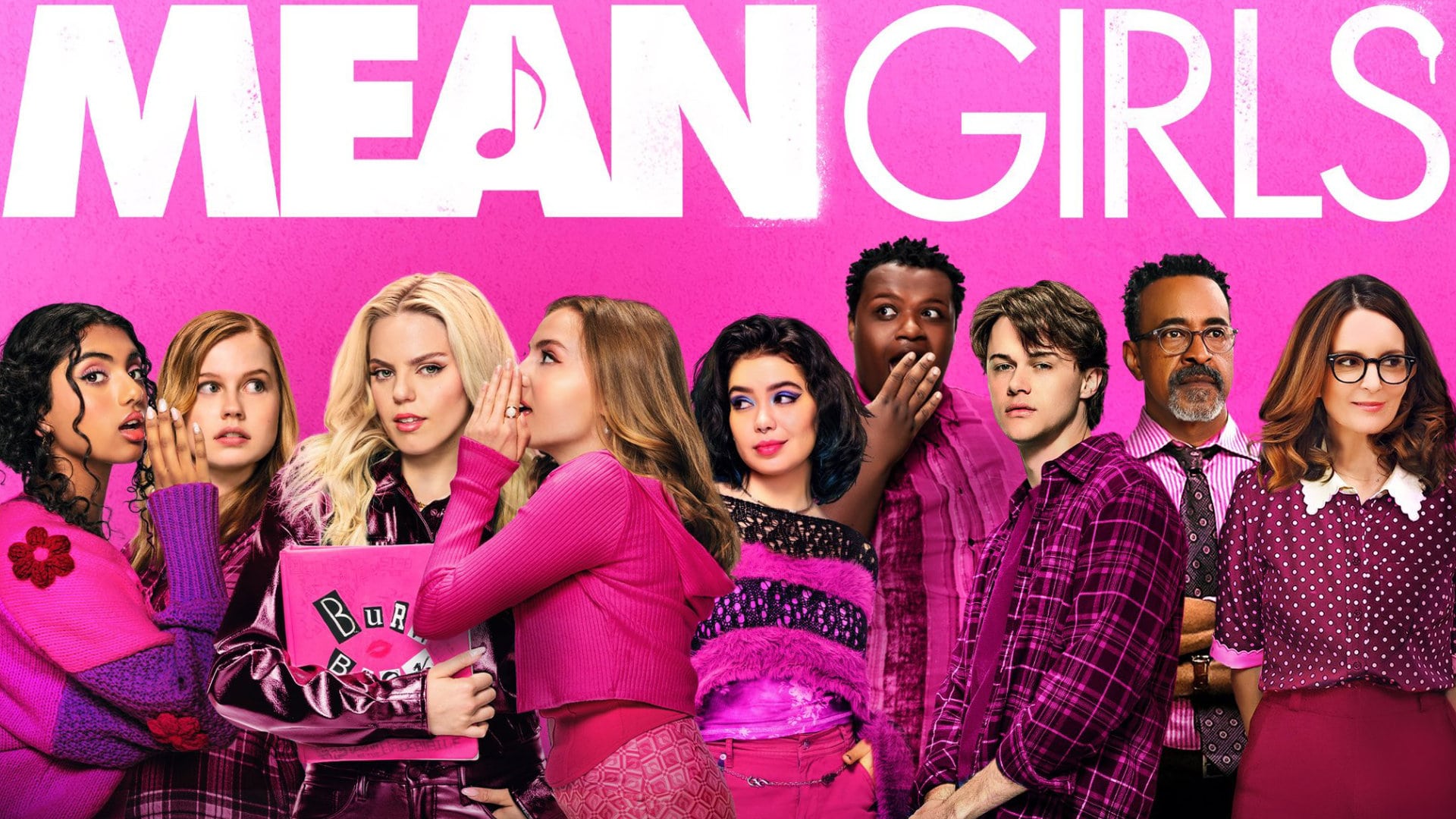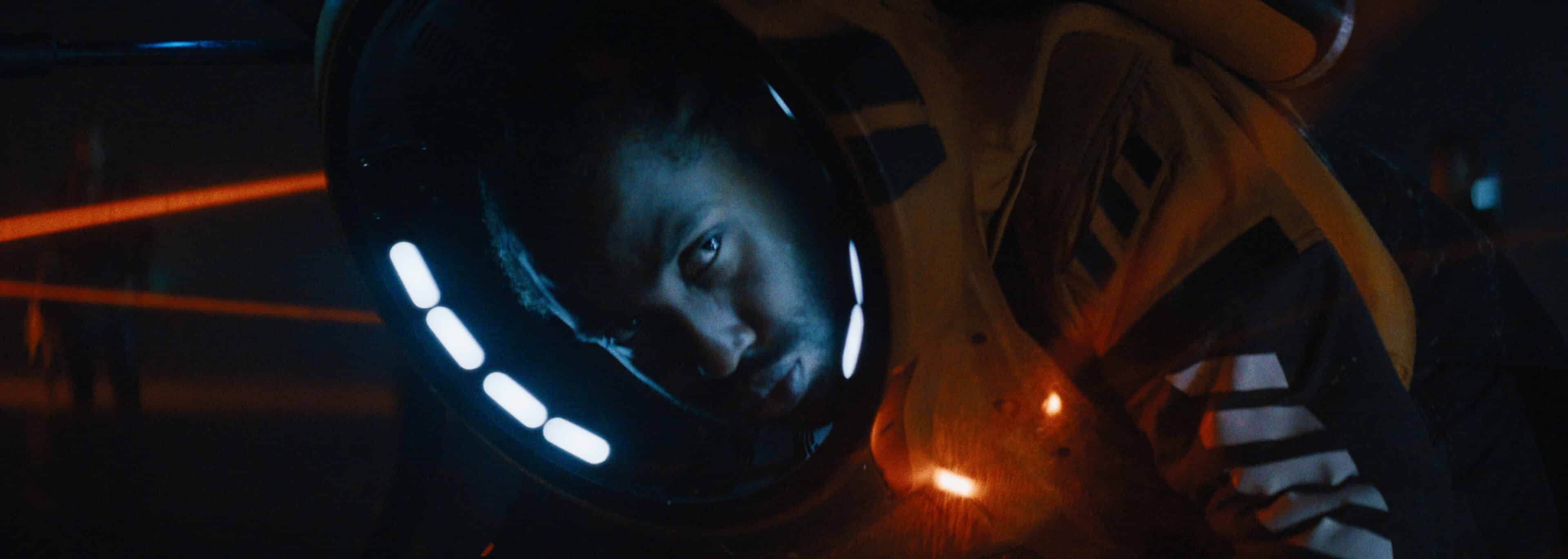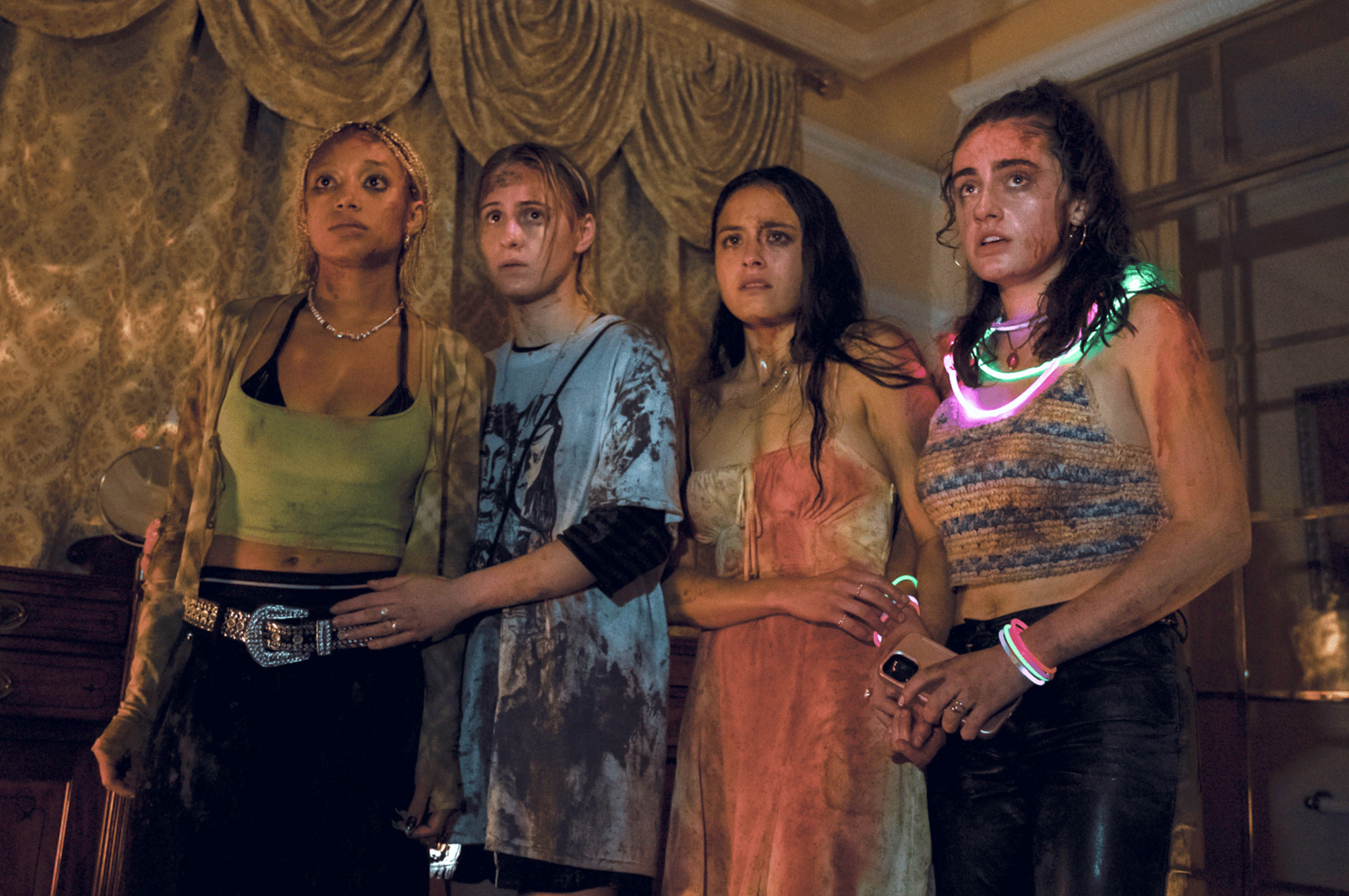The Greatest Showman review: Hugh Jackman leads the cast of this showbiz extravaganza about the life of showman P.T. Barnum.
The Greatest Showman review by Orestes Adam.

The Greatest Showman review
The first rule of showmanship, and subsequently cinema, is ‘show, don’t tell,’ the idea being that something seen is undeniably more visceral than something heard. Michael Gracey’s directorial musical feature film debut unfortunately forgets that entirely, as it tries so hard to convince the viewer that P.T. Barnum’s circus is “the greatest show,” while offering nothing for the audience to decide that for themselves. Starring an impressive cast that features Hugh Jackman, Zac Efron and Michelle Williams, all of whom have proved their musical virtuoso in the past, even they can’t save The Greatest Showman from its one-dimensional characterisations, an incredibly rushed narrative, and an ultimately unremarkable soundtrack.
Hugh Jackman stars as Phineas Taylor (P.T.) Barnum, the man who the film wants you to believe invented the very concept of showmanship, though fails to ever indicate how. A classic rags-to-riches story set in the mid-1800s, Phineas is a poor tailor’s son who falls in love with the daughter of one of his father’s wealthy clients (Michelle Williams). Time passes and we see the two married with children, albeit with economic troubles. After opening a failing museum of wax figures, Phineas realizes that people want to see living, moving attractions instead. This leads to the birth of his circus, as he gathers ‘oddities’ whose defects he exaggerates for the purpose of further exploitation. What follows are repetitive musical numbers and a strong sense of boredom that truly squanders the myriad of great possibilities that come with exploring the life of such an iconic theatrical figure.

The Greatest Showman review
The film fails both from a narrative and musical perspective. While Hugh Jackman delivers an energetic performance as the film’s star, the songs all feel so tailored towards the widest commercial audience that they take no risks or innovation in their writing or performance. Many of the musical sequences occur in the same set of Barnum’s circus and yet none do anything interesting with the potential spectacle of their setup. The songs unfold like one big pop song, catchy while they last but utterly forgettable the moment they finish. Even with a cast whose talents have successfully managed operatic performances in the past, there is an overwhelmingly staggering amount of auto-tuning within their singing, to the extent that it becomes hard to even differentiate one song from the next. Neither does the music leave any lasting impression, nor does it propel its narrative in any meaningful way whatsoever.
Related: La La Land review
The film’s storyline is additionally uninspired and hastily written. While forgiveness can be granted towards the film’s failure to depict some of the more controversial aspects of Barnum’s life, such as his mistreatment of animals or political career, for a film that attempts to preach tolerance we spend a disappointingly short amount of time with the deformed performers themselves. Beyond their introduction, from the dwarf performer to the bearded lady, the film gives us nothing regarding the complexities the treatment of these characters warrants, often abstaining from even naming the characters to begin with. Though we see them persecuted and feared, we spend no time with them individually in their daily lives, receiving no sense of the real struggle they feel outside of their performances’ vocal critics and their rejected attempts to join an upper-class party. Instead the focus is almost entirely on Barnum, whose character hardly demands any sympathy as he makes it clear from the start that these performers are merely economic assets to him. Even when the film attempts to make itself relevant in today’s social climate through a rather forced subplot of the interracial romance between the privileged Philip Carlyle (Zac Efron) and trapeze artist Anne Wheeler (Zendaya), it assumes that every discriminatory problem they face is resolved by their coupling alone.

The Greatest Showman review
Barnum is likely the least interesting character this story could choose to explore. It becomes almost impossible to care about his successes and failures as every conflict arises and resolves itself within minutes, in spite of the fact that no progression or development between the characters has been seen in between. There are times when central narrative issues are resolved through the singing of a mere couple verses, undermining the importance of both the narrative conflict and the meaning of the songs themselves. While The Greatest Showman attempts to make up for its flaws with a degree of visual splendor, as sweeping transitions propel the viewer into the next scene and lighting is used to beautiful effect, these images are few and far in between. The Greatest Showman is ultimately the dull, unmemorable journey of an exploitative businessman which, at least to that extent, the soundtrack agrees with.
The Greatest Showman review by Orestes Adam, December 2017.
The Greatest Showman is in UK cinemas from Boxing Day.

Latest Posts
-


Film Reviews
/ 1 day ago‘Flight Risk’ review: Dir. Mel Gibson (2025)
“I’m going to enjoy this,” is a phrase repeated by Mark Wahlberg’s balding hitman...
By Awais Irfan -


Interviews
/ 3 days agoDirector Ryan Kruger talks updating cult classic ‘Street Trash’
Ryan Kruger’s debut feature Fried Barry was a wild ride that has, in five...
By Kat Hughes -


Film Festivals
/ 3 days agoKevin Costner’s ‘Horizon: An American Saga – Chapter 2’ sets premiere
Kevin Costner’s western sequel Horizon: An American Saga – Chapter 2 is set to...
By Paul Heath -


Film News
/ 3 days ago‘The Accountant 2’ to land at SXSW – first still revealed
The Accountant 2 will make its debut at this March’s SXSW festival in Austin,...
By Paul Heath











